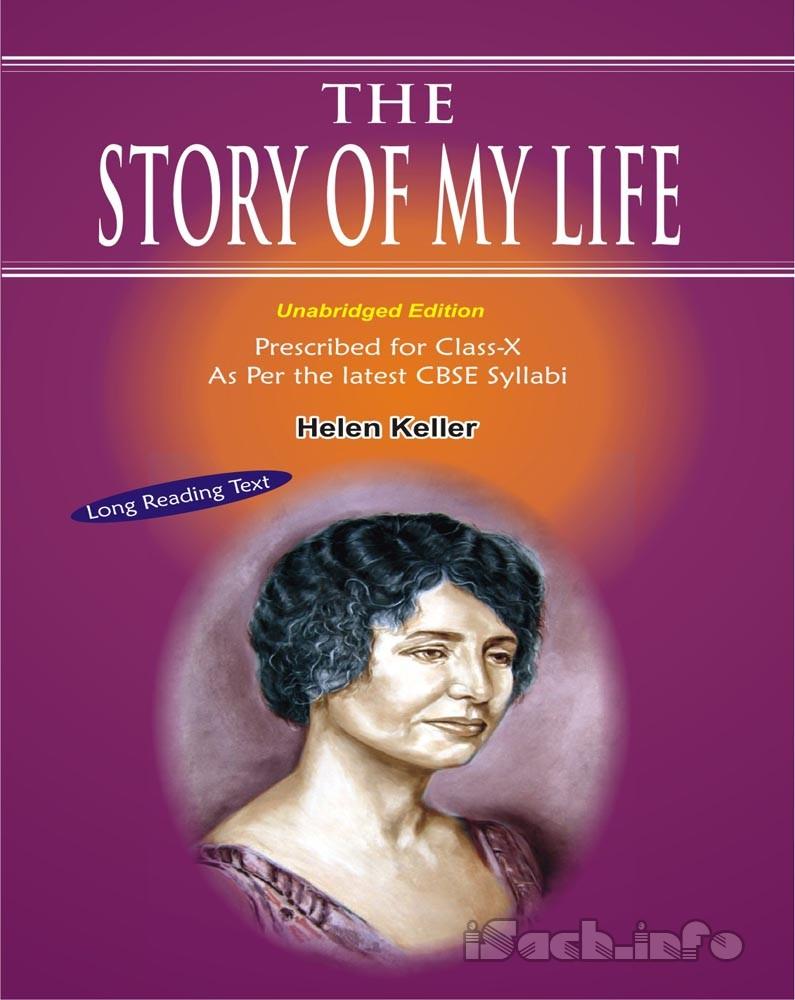Chapter XVII
I
n the summer of 1894, I attended the meeting at Chautauqua of the American Association to Promote the Teaching of Speech to the Deaf. There it was arranged that I should go to the Wright-Humason School for the Deaf in New York City. I went there in October, 1894, accompanied by Miss Sullivan. This school was chosen especially for the purpose of obtaining the highest advantages in vocal culture and training in lip-reading. In addition to my work in these subjects, I studied, during the two years I was in the school, arithmetic, physical geography, French and German.Miss Reamy, my German teacher, could use the manual alphabet, and after I had acquired a small vocabulary, we talked together in German whenever we had a chance, and in a few months I could understand almost everything she said. Before the end of the first year I read "Wilhelm Tell" with the greatest delight. Indeed, I think I made more progress in German than in any of my other studies. I found French much more difficult. I studied it with Madame Olivier, a French lady who did not know the manual alphabet, and who was obliged to give her instruction orally. I could not read her lips easily; so my progress was much slower than in German. I managed, however, to read "Le Medecin Malgre Lui" again. It was very amusing but I did not like it nearly so well as "Wilhelm Tell."
My progress in lip-reading and speech was not what my teachers and I had hoped and expected it would be. It was my ambition to speak like other people, and my teachers believed that this could be accomplished; but, although we worked hard and faithfully, yet we did not quite reach our goal. I suppose we aimed too high, and disappointment was therefore inevitable. I still regarded arithmetic as a system of pitfalls. I hung about the dangerous frontier of "guess," avoiding with infinite trouble to myself and others the broad valley of reason. When I was not guessing, I was jumping at conclusions, and this fault, in addition to my dullness, aggravated my difficulties more than was right or necessary.
But although these disappointments caused me great depression at times, I pursued my other studies with unflagging interest, especially physical geography. It was a joy to learn the secrets of nature: how—in the picturesque language of the Old Testament—the winds are made to blow from the four corners of the heavens, how the vapours ascend from the ends of the earth, how rivers are cut out among the rocks, and mountains overturned by the roots, and in what ways man may overcome many forces mightier than himself. The two years in New York were happy ones, and I look back to them with genuine pleasure.
I remember especially the walks we all took together every day in Central Park, the only part of the city that was congenial to me. I never lost a jot of my delight in this great park. I loved to have it described every time I entered it; for it was beautiful in all its aspects, and these aspects were so many that it was beautiful in a different way each day of the nine months I spent in New York.
In the spring we made excursions to various places of interest. We sailed on the Hudson River and wandered about on its green banks, of which Bryant loved to sing. I liked the simple, wild grandeur of the palisades. Among the places I visited were West Point, Tarrytown, the home of Washington Irving, where I walked through "Sleepy Hollow."
The teachers at the Wright-Humason School were always planning how they might give the pupils every advantage that those who hear enjoy—how they might make much of few tendencies and passive memories in the cases of the little ones—and lead them out of the cramping circumstances in which their lives were set.
Before I left New York, these bright days were darkened by the greatest sorrow that I have ever borne, except the death of my father. Mr. John P. Spaulding, of Boston, died in February, 1896. Only those who knew and loved him best can understand what his friendship meant to me. He, who made every one happy in a beautiful, unobtrusive way, was most kind and tender to Miss Sullivan and me. So long as we felt his loving presence and knew that he took a watchful interest in our work, fraught with so many difficulties, we could not be discouraged. His going away left a vacancy in our lives that has never been filled.



 ePub
ePub A4
A4